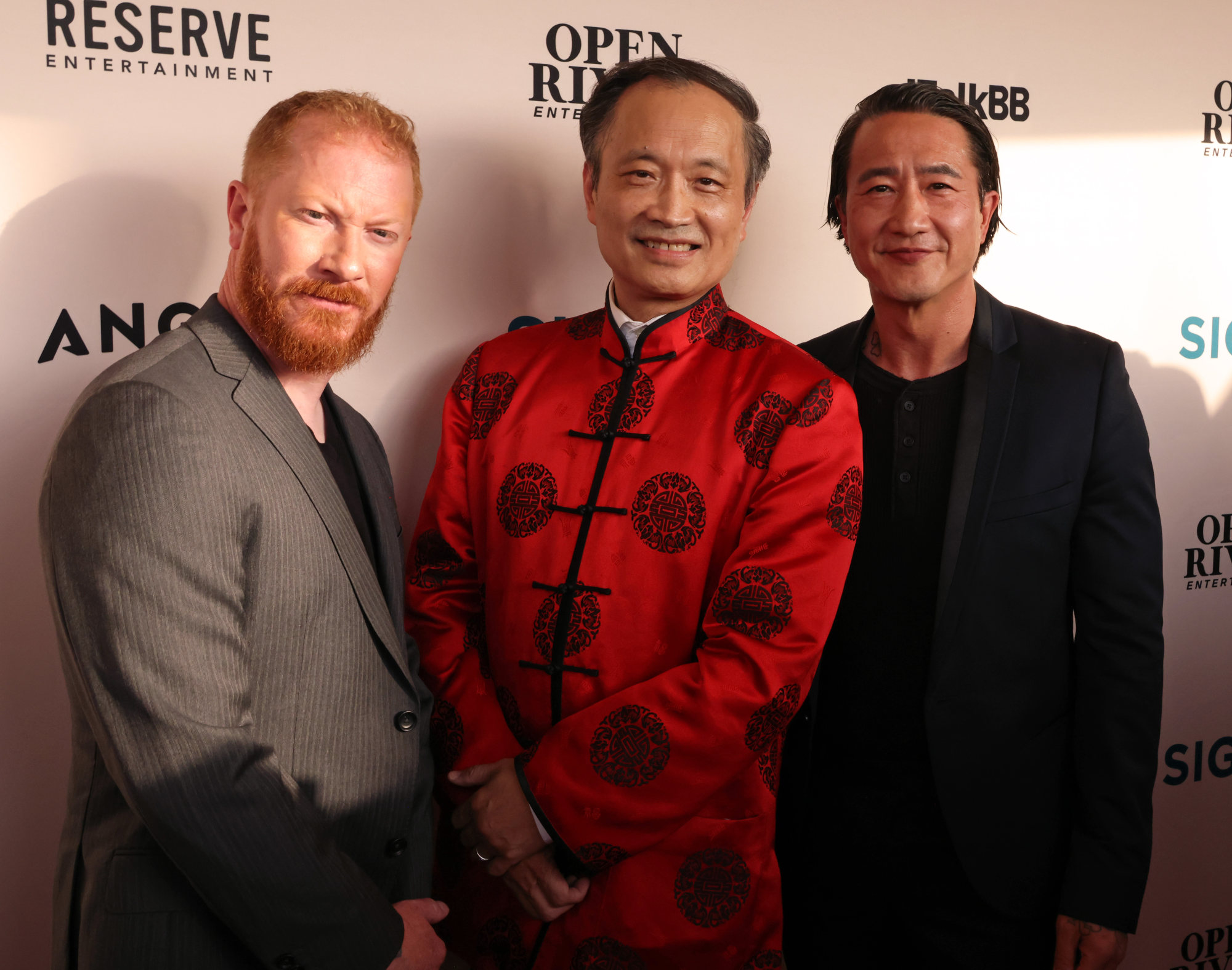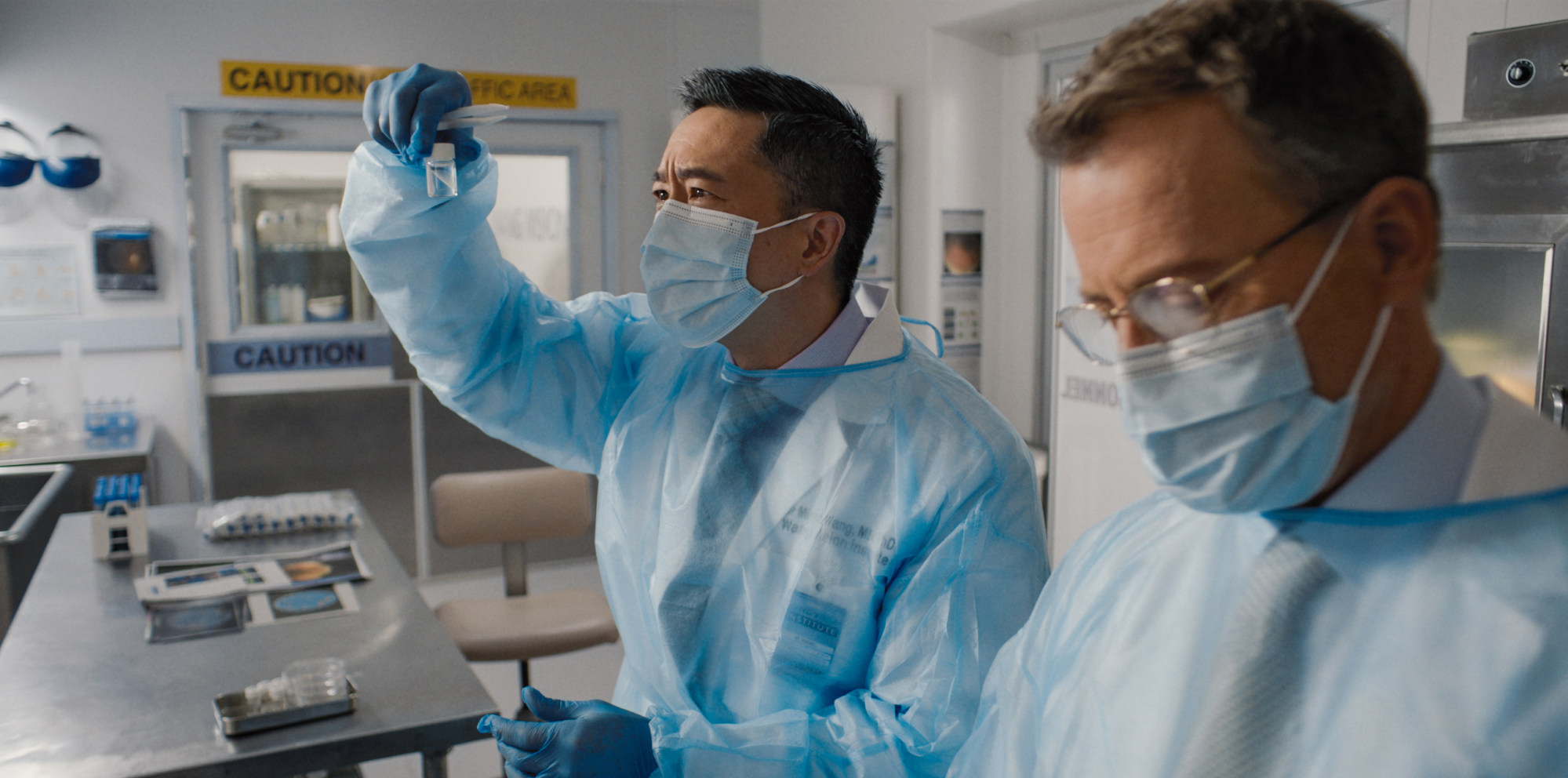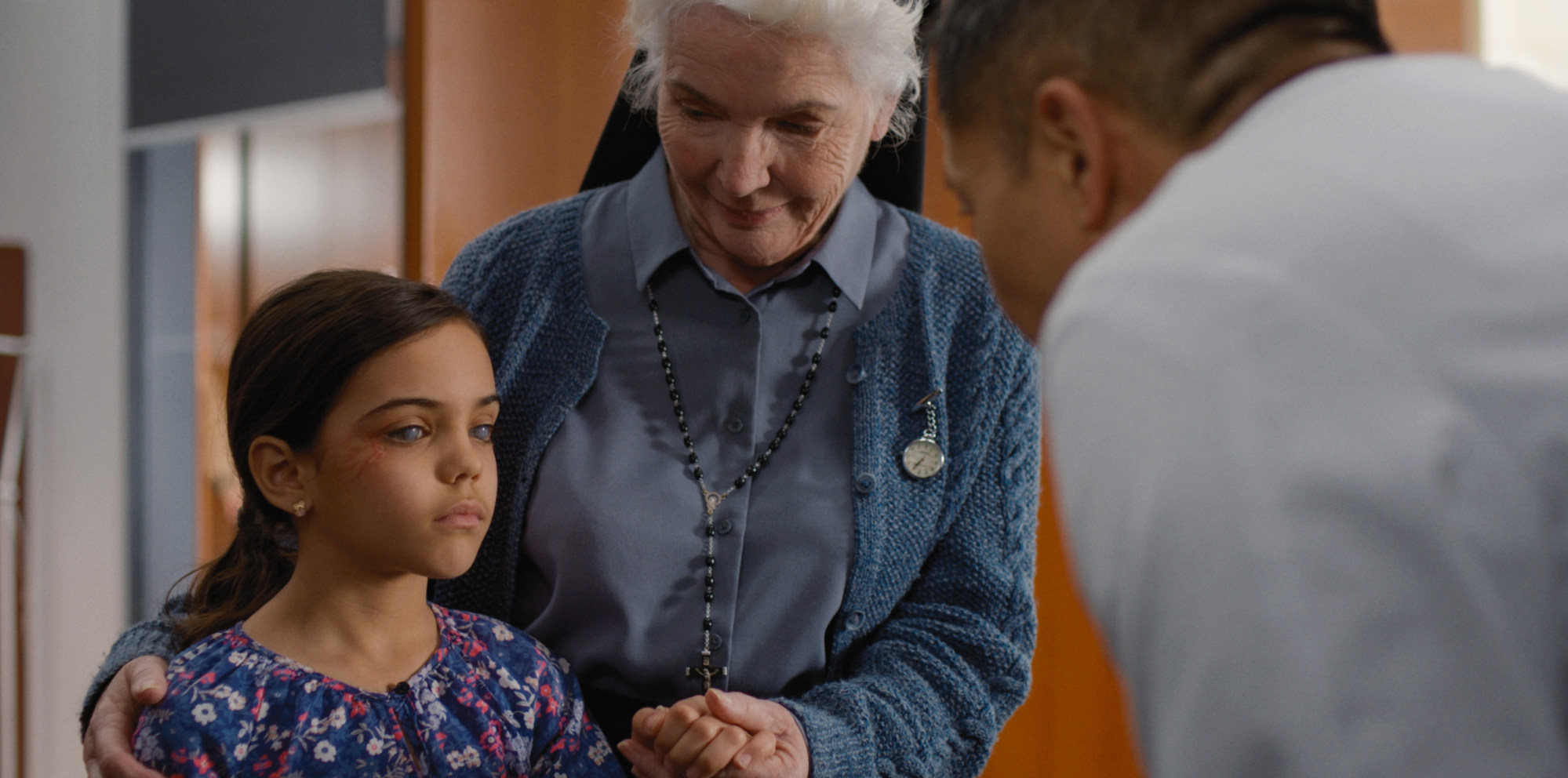In it, Wang (played by Terry Chen) ends up earning medical doctorates from Harvard and the Massachusetts Institute of Technology (graduating magna cum laude from the latter), while also earning a PhD in laser physics from the University of Maryland.
He discovers a new way to potentially help blind people see – using an amniotic membrane contact lens – as he and his medical partner Dr Misha Bartnovsky (played by Greg Kinnear) embark on a mission to help orphans regain their sight.
The United States’ National Library of Medicine estimates that over the last 25 years, more than 20 million eyes were treated with laser eye surgery. Wang’s pioneering medical technique has restored the eyesight of millions around the world.

As one of the leading experts in the field, Wang’s impact and philanthropy have been recognised in his home state of Tennessee, but his story is not widely known around the world.
As Asian American and Pacific Islander Heritage Month is observed in the US throughout May, Wang, who also executive-produced the film, says he wants to contribute to the storytelling tapestry of the country.
Chen, a Canadian actor, was not only struck by Wang’s medical accomplishments, but also by the general and specific nature of his tale.
People say there’s no common ground between science and faith. Fortunately, I didn’t give up and as a Christian
Directed by Andrew Hyatt, and also starring Ben Wang, Fionnula Flanagan and Natasha Mumba, the film had the benefit of having Wang on the set.
“Dr Wang was a great resource to have,” Kinnear says. “This is the first movie that I did, that many of us did, after Covid-19.
“I kind of had a little bit of hesitation about the journey, but I felt like when I read Dr Wang’s story, it put everything into perspective very quickly.”

The inspirational nature of the story may have even helped the mood on the set as well.
“When you finally go and you meet everybody and they slowly peel down their masks […] I have to say that in the case of this film, [the substance of the story] did trickle down. There was an inspiring good feeling on the set,” Kinnear says.
In the film, Wang tries to restore the sight of a young girl named Kajal (Mia Swaminathan) who is brought to his clinic by a nun (Flanagan). It is one of the many touches in the film that put faith at the centre of Wang’s struggles and his triumphs.
This particular case is one that led to his revelation about using the placenta to create his curative lens, but it was also a case/client that tested his resolve.
“The reason that Kajal was chosen [to be the central case in the film] was because it was a very challenging case. Her injury was so severe that I had to dig deep to find a solution,” Wang says.

“People say there’s no common ground between science and faith. Fortunately, I didn’t give up and as a Christian. I kept praying.”
Angel Studios, known for its faith-based films, is distributing Sight. But its story of Wang’s past and his desire to help uplift blind orphans are themes that are just as prominent in the film.
“I think the message of the film is about freedom and faith,” Wang says. “Sight is a movie that reminds us how precious freedom is. How much we need to appreciate America.
“It may just take the story of an immigrant who did not have freedom to remind us how blessed we are.”

